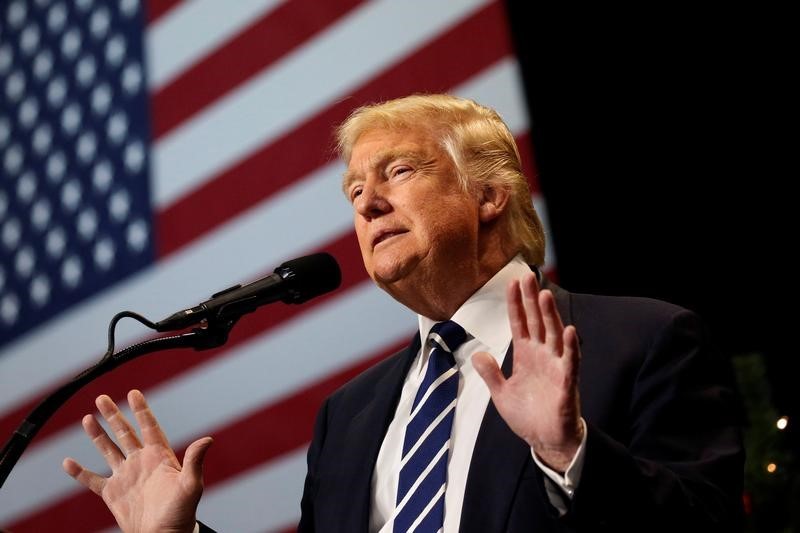By Ori Lewis and Matt Spetalnick
JERUSALEM/WASHINGTON (Reuters) - A senior Palestinian official warned on Friday that implementation of Donald Trump’s pledge to relocate the U.S. embassy to Jerusalem would destroy any prospects for peace with Israel, even as a spokesman for the U.S. President-elect said he remained committed to the move.
Saeb Erekat, secretary-general of the Palestinian Liberation Organization, issued the grim prediction just a day after Trump announced his decision to nominate as ambassador to Israel David Friedman, a pro-Israel hardliner who supports continued building of Jewish settlements and shifting the embassy from Tel Aviv.
Speaking to foreign journalists, Erekat said Jerusalem was a final-status issue to be negotiated between Israel and the Palestinians, who also want it as the capital of a future independent state.
Successive U.S. administrations have avoided formally recognizing Jerusalem as Israel’s capital. If Trump makes good on his campaign promise, it would up-end decades of U.S. policy, enrage the Muslim world and draw international condemnation.
Jerusalem is home to sites sacred to Jews, Muslims and Christians.
“No one should take any decisions which may preempt or prejudge (negotiations) because this will be the destruction of the peace process as a whole,” Erekat said, according to a transcript provided by an aide. The last U.S.-backed talks on statehood collapsed in 2014.
He further warned of dire consequences if Israel annexes settlements built on occupied land. Friedman, a bankruptcy lawyer and close friend of Trump who has no diplomatic experience, has advocated the idea of Israel annexing the West Bank, as it did with Arab East Jerusalem following its capture in the 1967 Middle East war in a move not recognized internationally.
Erekat said he would like to look Trump and Friedman in the eye and tell them “if you were to take these steps of moving the embassy and annexing settlements in the West Bank, you are sending this region to more chaos, lawlessness and extremism."
Israeli Prime Minister Benjamin Netanyahu, who has had a fractious relationship with President Barack Obama, was satisfied with Friedman’s appointment, according to the Israeli website Ynet, and several members of his right-wing government welcomed the choice.
Liberal Jewish-American groups have raised objections over positions he has stated in writings and press interviews, which they see as a rejection of a two-state solution, a longtime bedrock of U.S. Middle East policy, and alignment with Israel's far right.
Trump spokesman Jason Miller said the president-elect "remains firmly committed" to relocating the embassy but that it was “premature” to present a timetable for such a move.
U.S.-based analysts said that while Friedman’s appointment could signal a break with longstanding U.S. policy as well as Obama's sometimes tough approach to ally Israel, U.S. ambassadors typically do not drive Middle East policy and it was still unclear how far Trump would be prepared to go.
Friedman, who must be confirmed by the U.S. Senate, declined to answer questions when contracted by Reuters. "I'll do that at some point, but I'm not providing any comments just yet," he said.
In Thursday’s announcement, Friedman said he looked forward to doing the job “from the U.S. embassy in Israel’s eternal capital, Jerusalem."
“Appointing David Friedman ... is a positive declaration of intent," Justice Minister Ayelet Shaked tweeted. "David is a true friend of Israel."
Friedman has also called liberal Jewish Americans supporting a two-state solution “worse than kapos,” a reference to Jewish prisoners in World War Two concentration camps assigned by Nazi guards to supervise fellow inmates.

J Street, a liberal pro-Israel group, told supporters Friedman’s appointment was “unacceptable” and it would fight to persuade U.S. senators not to confirm his nomination.